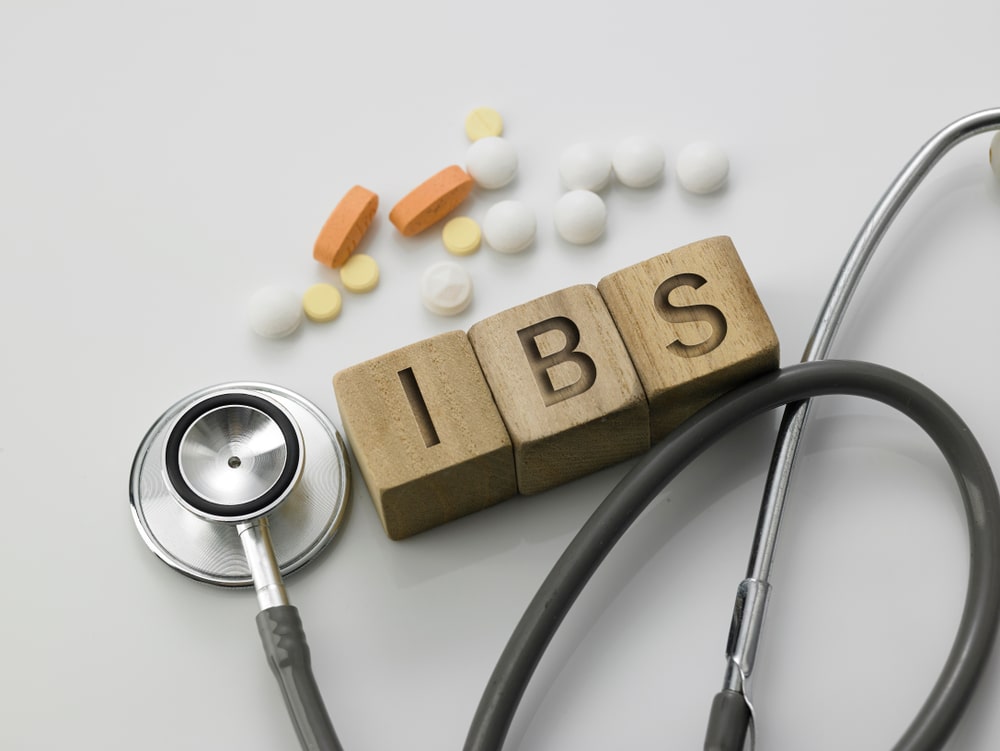Are you having stomach issues lately? Maybe you wonder if it is something more serious. IBS or irritable bowel syndrome is very common in America. According to Focus Medica, more than three million cases are diagnosed every year in the United States. Despite having no cure, there are treatments depending on your type of IBS. This chronic gastrointestinal disorder is more common in women and those over 50 years of age and mainly affects the large intestine. Do you think you have irritable bowel syndrome? Keep reading to learn more about this irritable bowel syndrome, its symptoms, causes, and what you can do to help manage it.

40. What is IBS?
Irritable bowel syndrome, better known as IBS, is a condition that many people have heard of, but few understand (unless they have had to learn about IBS from necessity). IBS is a condition characterized by bloating, cramping, gas, diarrhea, and constipation; untreated, it can cause problems that interfere in people’s daily lives. Everyone experiences these symptoms at some point or another. So, keep in mind that having diarrhea once in a while does not mean that you have irritable bowel syndrome(via Self). IBS occurs when these symptoms are persistent to the point of being disruptive (via WebMD).
